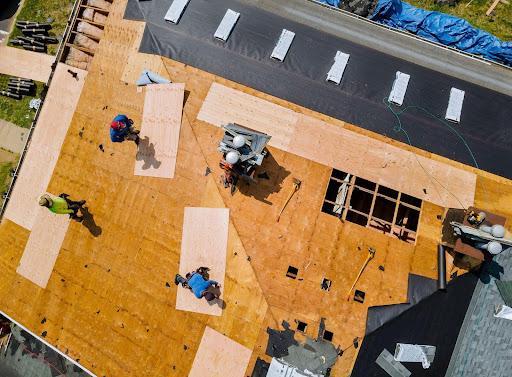
Commercial properties rely heavily on HVAC systems to maintain an efficient environment. The proper functioning of these systems is crucial for controlling temperature levels and ensuring air quality that promotes productivity and well-being. Regular maintenance is essential to keep HVAC systems running smoothly and efficiently. This proactive approach does not prolong the lifespan of the systems. It also improves energy efficiency while minimizing unexpected malfunctions.
Exploring the Concept of Maintenance
Preventative maintenance on commercial HVACs involves conducting checkups and servicing machinery to avoid breakdowns and expensive fixes in advance for commercial HVAC systems. It involves a set of planned activities, such as cleaning parts and replacing them when needed to ensure the system runs smoothly. The primary aim is to detect problems before they turn into issues.
Improving the Lifespan of the System
One major advantage of maintenance is its ability to prolong the lifespan of HVAC systems by ensuring that all parts work properly through checkups and addressing dust and debris buildup that can cause damage over time if not addressed promptly.
Enhancing Energy Efficiency
Energy efficiency is a key concern for owners of properties who understand the impact of neglected HVAC systems on energy consumption and utility bills. Costs can rise significantly when systems are not properly maintained and serviced to ensure they run efficiently by keeping filters clean, adjusting controls, and ensuring all components work correctly. This maintenance helps energy usage in the long run, resulting in savings that outweigh the costs of regular servicing.
Minimizing Unforeseen Equipment Failures
Unexpected malfunctions can cause disturbances that affect efficiency and convenience for everyone involved in the process, be it employees or customers alike.

When systems unexpectedly go down or fail to perform as expected due to a lack of maintenance or upkeep, issues arise, causing inconvenience and frustration. By conducting checkups and maintenance work, we can detect potential issues early on before they turn into bigger problems.
Maintaining the air quality
Good indoor air quality is crucial for keeping an environment inside a room or building safe and comfortable for people to stay in without getting sick from breathing in stuff like dust and mold that can move around in heating and cooling systems at home or work areas. These things can make the air not so good to breathe in easily when it gets dirty or blocked up by things floating around.
Affordability of Upkeep and Repairs
Investment in maintenance is a decision for long-term cost savings and overall efficiency rather than just an additional expense burden on property owners, as some may initially believe. The advantages of early issue identification are well worth the initial costs, as they help avoid costly repairs and the need for system replacements. Moreover, energy conservation through optimal system operation plays a key role in reducing expenses. Furthermore, properly maintained systems yield better returns on investment over time.
Adhering to Requirements
Following industry norms and regulations is crucial for properties to stay in line with safety and rules. Regular upkeep helps businesses meet safety and standards. Heating and cooling systems are subject to regulations that require inspections. By keeping these systems in shape, businesses can avoid troubles and penalties, ensuring their operations run smoothly.
Picking a Trustworthy Service Provider
Choosing a service provider is crucial for maintaining efficiency and reliability in your system upkeep tasks. Proficient technicians have the knowledge required to spot problems and make tweaks, fostering a smoother operation.

Establish a rapport with a provider to maintain a standard of service and have confidence in their advice. A provider versed in HVAC systems can customize maintenance schedules to address individual requirements effectively.
In Summary
Regular maintenance of HVAC systems is crucial to ensure they last long and work efficiently and reliably so that property owners can protect their investments while creating a productive environment through routine inspections and servicing measures. The advantages of saving on energy expenses with air quality and fewer interruptions highlight the value of maintenance efforts. Taking on this strategy not only boosts system efficiency but also plays a key role in the overall success of commercial properties.












